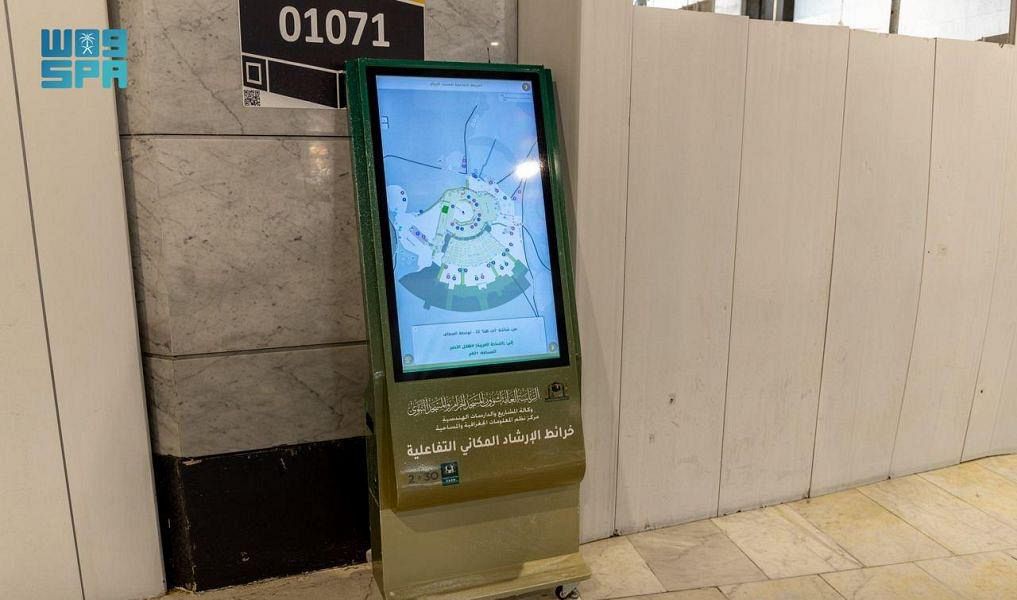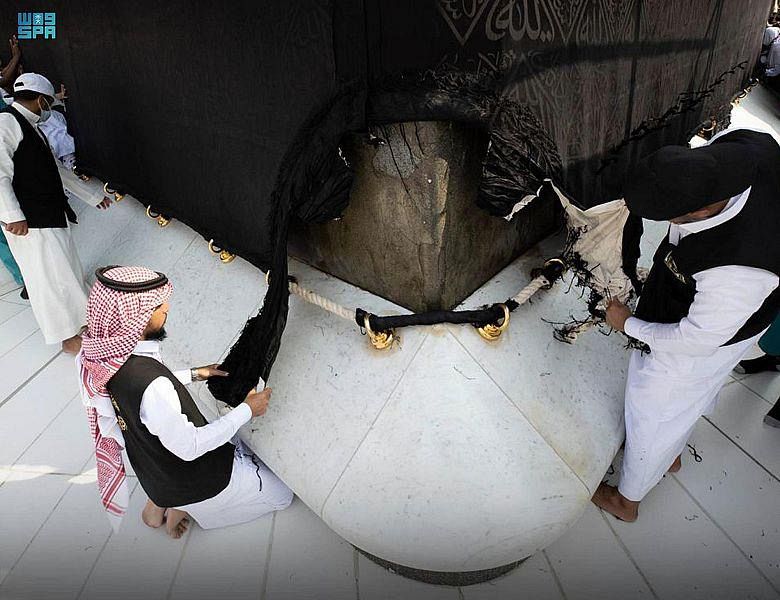
Abdul Hamid Al-Maliki: The first benchmark focuses on youth empowerment, as young leaders in the new organizational structure represent 90 percent of the master’s degrees and doctorates
MAKKAH: Two Saudi women have been appointed to top positions at the General Presidency for the Affairs of the Two Holy Mosques in an ambitious move to empower qualified women.
Sheikh Abdulrahman Al-Sudais, the organization’s president, appointed Dr. Al-Anoud Al-Aboud and Dr. Fatima Al-Rashoud as assistants to his office on Sunday, as part of a raft of administrative changes.
Other senior positions were given to Dr. Kamelia Al-Daadi, who was appointed assistant undersecretary for women’s administrative and service affairs, Dr. Ibtehab Al-Jeaid, who was appointed vice president of libraries and scientific research, and Dr. Norah Al-Thuwaibi, who was appointed vice president for scientific, intellectual and women’s guidance affairs.
The new positions come in conjunction with a recent decision to appoint an assistant undersecretary for women’s empowerment, and alongside the recent celebration of the awarding of 20 women with master’s degrees and doctorates.
Al-Daadi told Arab News that the new structural changes would support the success and development of the administration, calling them a true reflection of a work environment full of progress, and a continuation of the Saudi leadership’s support for the General Presidency. “The responsibility is doubled when it comes to the Two Holy Mosques because they are the destination for millions of Muslims, and serving them is a matter of great honor that everyone seeks.”
She added that the ambitious strategy that the General Presidency is working on reflects the aim to increase the capacity for pilgrims in the near future, to accommodate 60,000 worshippers a day while applying the highest health and safety standards. “Everyone at the General Presidency is working on preparing integrated work methodologies and exerting all possible efforts to become a true model of institutional work, governance, quality, supporting women and establishing creative work environments, which would contribute to … development and efficiency in a short period.”
HIGHLIGHT
Sheikh Abdulrahman Al-Sudais appointed Dr. Al-Anoud Al-Aboud and Dr. Fatima Al-Rashoud as assistants to his office. Other senior positions were given to Dr. Kamelia Al-Daadi, who was appointed assistant undersecretary for women’s administrative and service affairs, Dr. Ibtehab Al-Jeaid, who was appointed vice president of libraries and scientific research, and Dr. Norah Al-Thuwaibi, who was appointed vice president for scientific, intellectual and women’s guidance affairs.
Abdul Hamid Al-Maliki, the deputy president for planning and developmental affairs, and assistant undersecretary for the affairs of the Grand Mosque, told Arab News that the new organizational structure has four main pillars.
“These pillars were based on several benchmarks, in light of which the General Presidency’s new organizational structure was established,” he said. “Sheikh Abdulrahman Al-Sudais, has worked on promoting and consolidating these benchmarks during his tenure for over 10 years.”
According to Al-Maliki, the first benchmark focuses on youth empowerment, as young leaders in the new organizational structure represent 90 percent of the master’s degrees and doctorates. The second benchmark focuses on women’s empowerment; the third on development, technology, artificial intelligence, digital transformation, and translation.
“This will have an impact on the way the Two Holy Mosques’ message is conveyed, the operational system of the services provided at the Two Holy Mosques, governance, and performance measurement,” he explained.
“Lastly, investment, financial sustainability, privatization and the endowment funds, which will support the various programs and projects included in the General Presidency’s strategic and executive plans … towards the objectives of the Kingdom’s Vision 2030,” Al-Maliki added.







